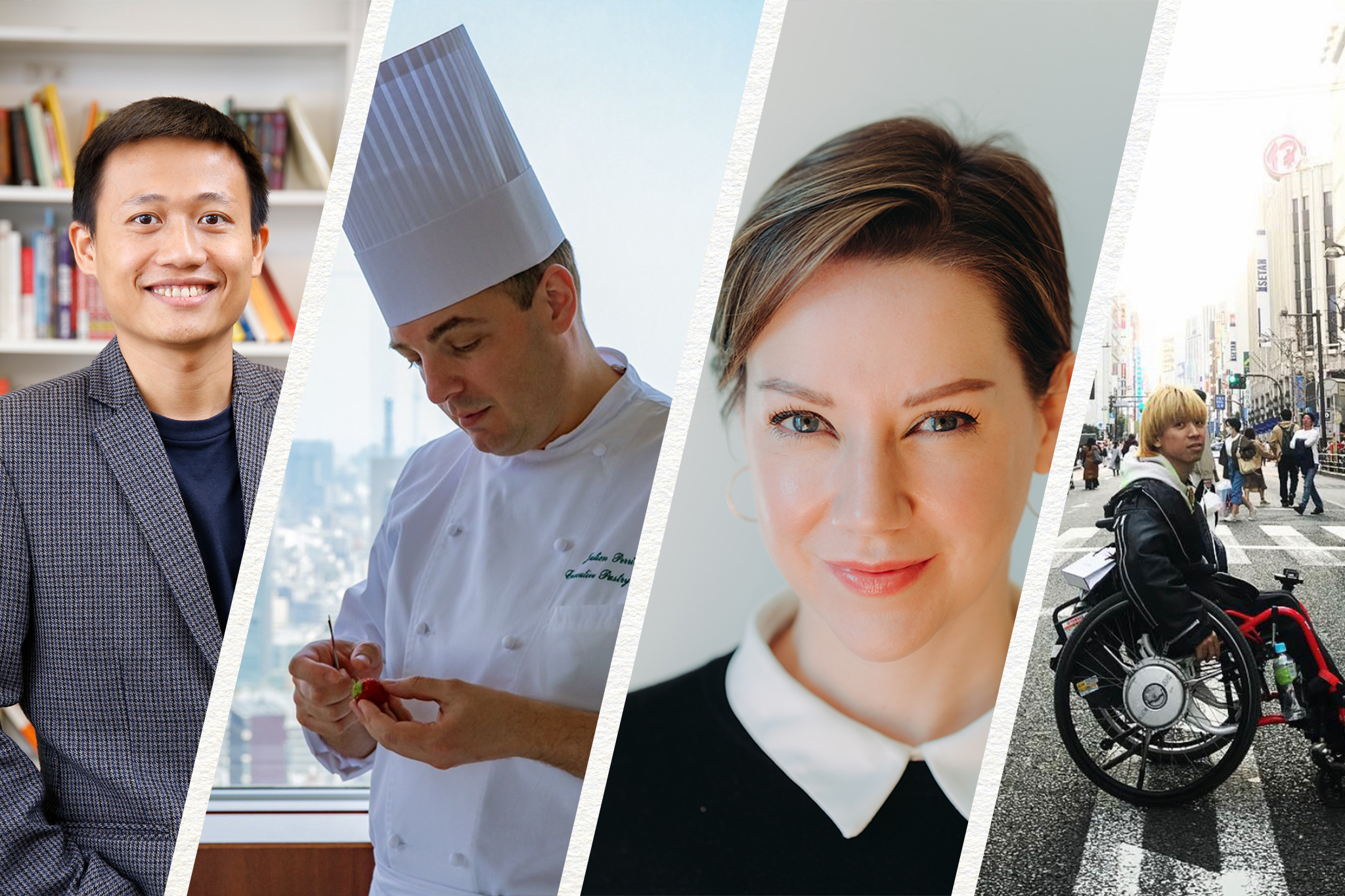The humans of Tokyo make this metropolis pulse with energy. In this Voice of Tokyo, from our January-February 2023 issue, we check in with four of the many Tokyo voices that make the cacophony a symphony.
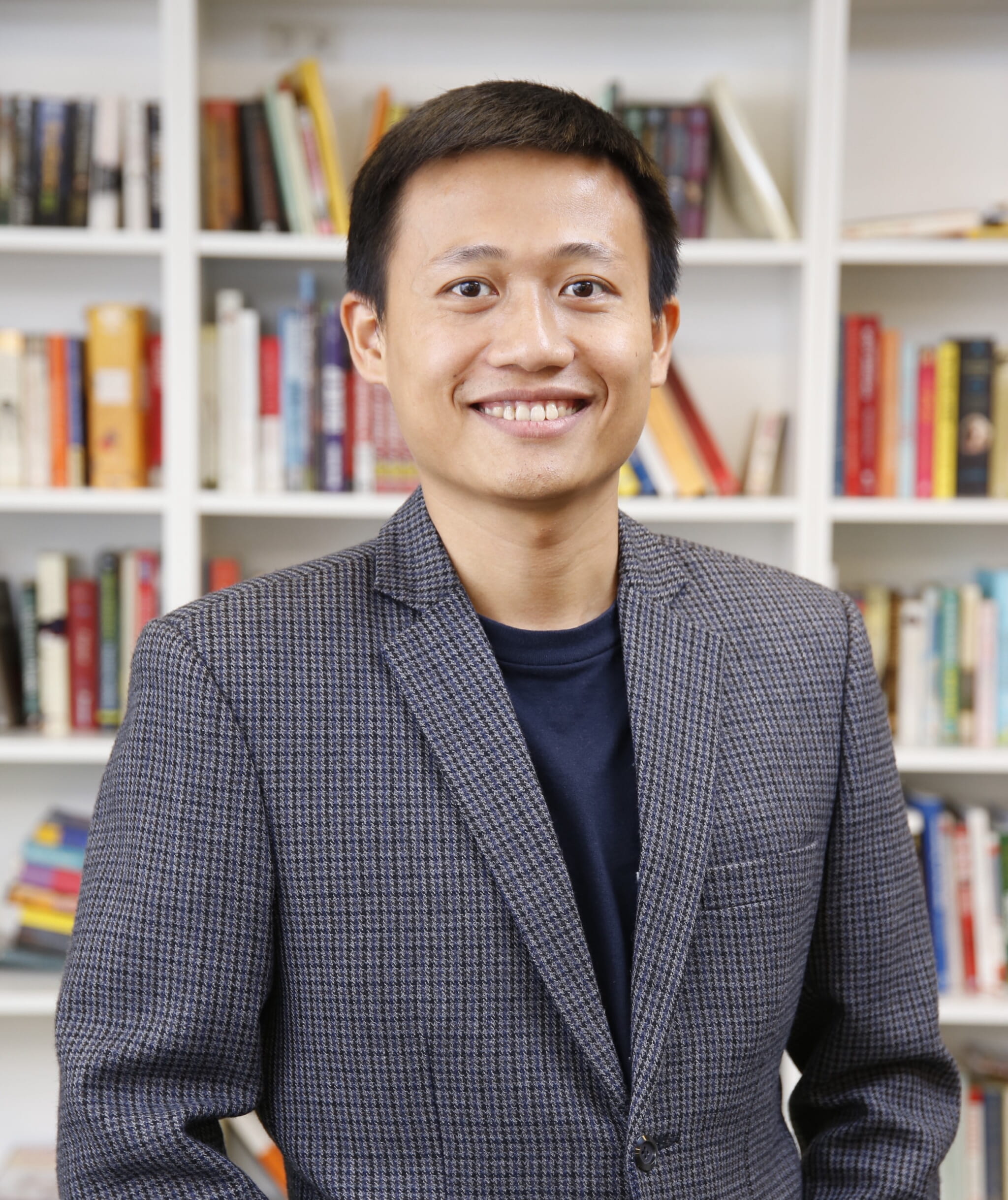
Duc Doba, Tech Entrepreneur
This Vietnamese engineer has always valued the power of education. His parents were teachers, and after having worked for many of Japan’s tech giants, Doba decided to pour his passion into Tokyo Techies, an IT consulting firm that began life as an IT training center.
What is your current obsession?
I work closely with my team to deliver large-scale software systems for big enterprises like Softbank. We’re also very excited about releasing Klever Suite, our very own SaaS (software as a service) platform, to the market.
How can technology help build a better world and not disrupt human worth on the labor market?
It’s important to remember that modern technologies are powerful tools for improving people’s lives. I believe the best way to thrive in the labor market is to embrace rapid technological changes. Keep learning new skills to control or leverage the new technologies out in the world to remain productive and gain exposure to new job opportunities.
You often volunteer, give to charity, fund scholarships, etc. What advice can you give to those wanting to follow that lead in Tokyo?
Although some foreigners like myself tend to join communities with people from their own countries, joining international communities helps expand your network further.
What’s your favorite part of Tokyo?
The Arakawa River is great for a marathoner like me.
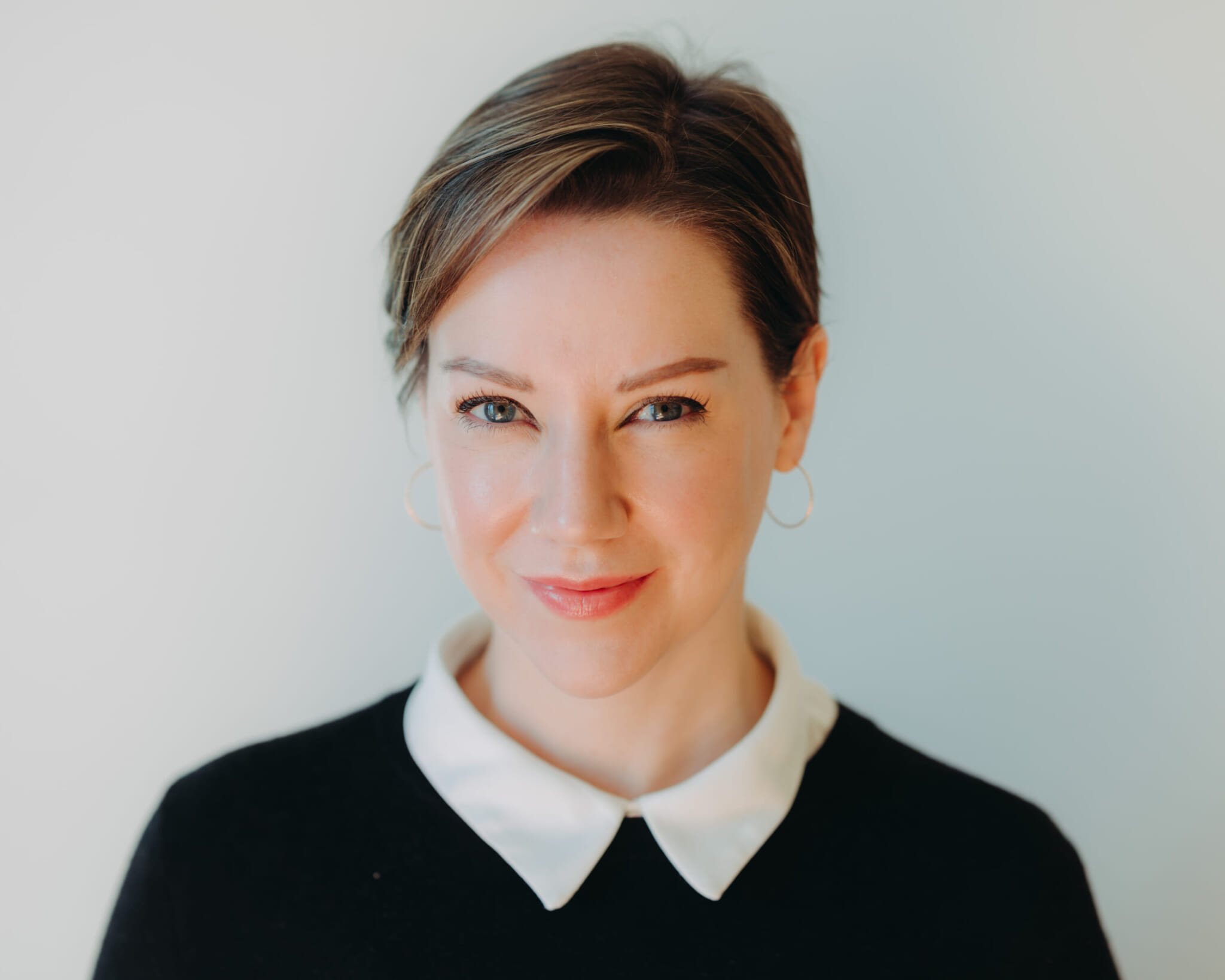
Rachel Ferguson, Writer, Educator and Community Builder
A voice artist and writer from Scotland, Ferguson has been living in Tokyo since 2005. She is co-founder of Ryozan Park, which offers community-based co-working and accommodation, and is executive director of Kosodate Village, a nonprofit dedicated to teaching DEI (diversity, equity and inclusion) in Japan through education.
What is your current obsession?
Girls Talk, a bilingual monthly drop-in discussion group I facilitate for girls aged 16 to 25 to discuss social impact issues. Young women need safe places to talk about taboo topics that affect them, such as sexual health and gender stereotypes. We offer English homework help for the first hour too. Watch this space for Boys Talk next!
As someone working to promote work-life balance, diversity and equality, what’s your vision of a better Tokyo?
One where people feel comfortable being themselves, where the rich diversity in the culture is recognized and embraced, where people feel connected in their communities and to the global family.
Can you share a few verses you’ve written about this city recently?
An excerpt from an untitled poem written this summer:
“above love hotel Caesar’s,
smoke circle halo cloud
anoints each angel
aching under
holy neon skies.”
Tell us a secret place in Tokyo.
Sakura Onsen in Tokyo, a hidden gem that’s a 15-minute walk from my house. But, shhhh, don’t tell anyone!
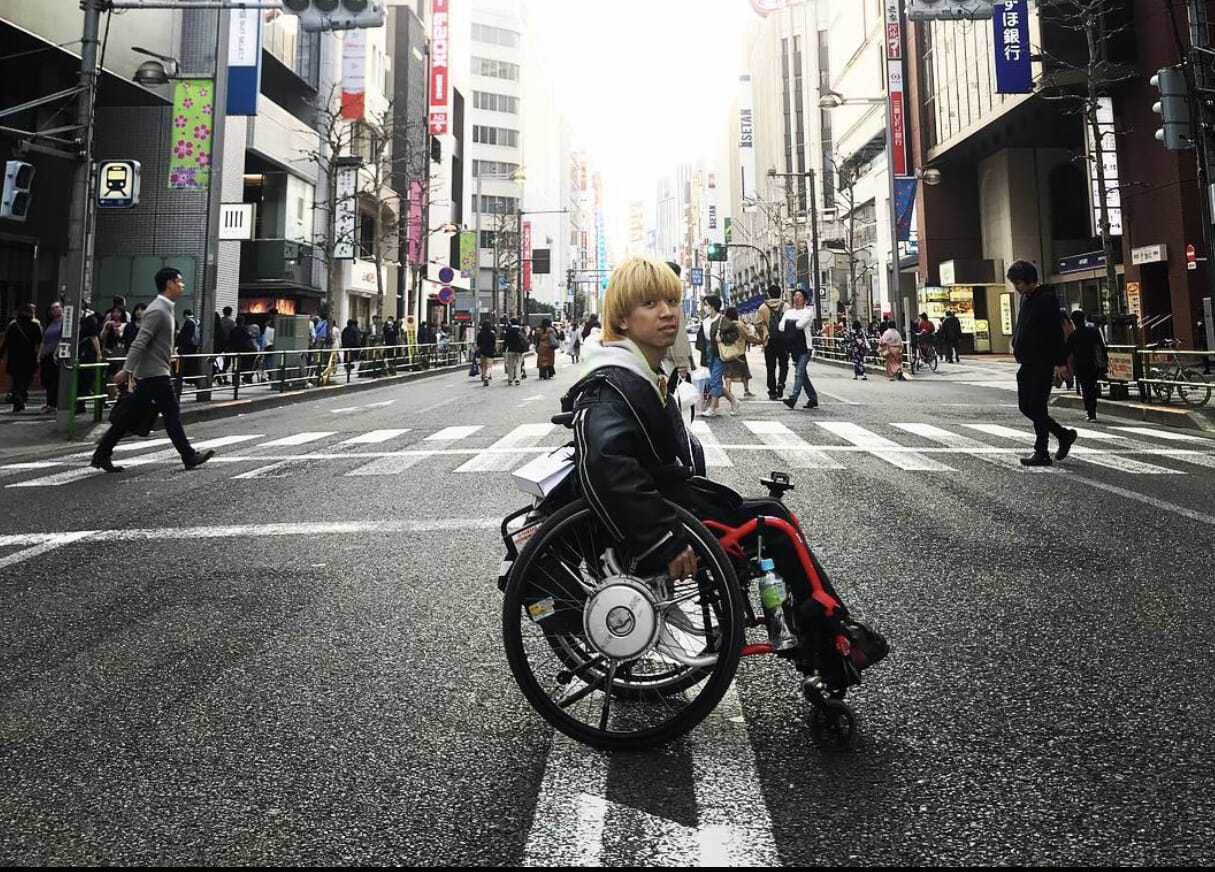
Keita Tokunaga, Fashionista, DJ, Model and Journalist
Having studied fashion design at college, Tokunaga fits into the Tokyo fashion scene in myriad ways and differs in one: He is a model who uses a wheelchair. In 2018, he was one of 100 world fashion street-style icons featured in Vogue magazine, and in 2021, he DJed at the Tokyo Paralympic Games.
What is your current obsession?
I’m learning about social issues and human rights issues. As a fashion writer, I want to inform the fashion world about that. In a world aiming for sustainability, the fashion industry is an issue we can’t ignore.
You showcase looks and outfits on your Wheelchair Fashion account on Instagram. What fashion item has caught your attention for 2023?
It’s an item by a brand called Doublet. The designer, Masayuki Ino, makes punk aesthetic jackets for people in wheelchairs.
As someone who writes about fashion trends, tell us where (aside from Harajuku) we can see great street fashion.
Koenji. (But, yes, Harajuku is the best for fashion.)
What currently inaccessible space in Tokyo do you want to see become accessible to wheelchair users?
Tokyo is very convenient, and barrier-free facilities are available. However, there are many tiny shops and art spaces with steps and no elevator, so they’re inaccessible.
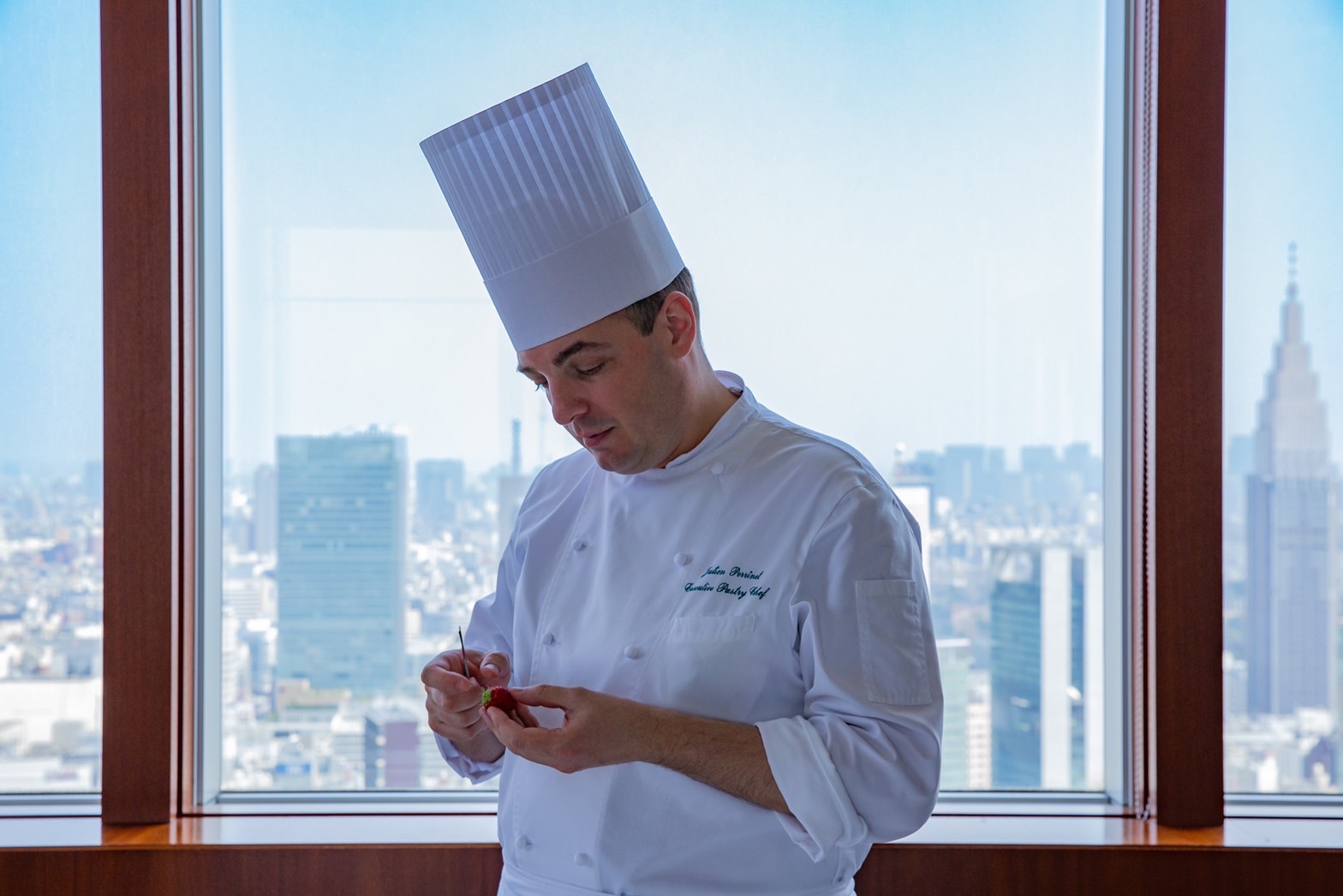
Julien Perrinet, Pastry Chef
Julien Perrinet wanted to be a pastry chef from the age of 12. His dream came true and has taken him around the world: France, Canada, Qatar, Singapore. He now finds himself in Tokyo as the executive pastry chef at Park Hyatt Tokyo, where he crafts intricate afternoon tea spreads and original cakes.
What is your current obsession?
Professionally, it’s been the same since arriving in Japan: to show care and to facilitate and improve the work of my team of pastry chefs. As for my personal obsession, it’s to make sure I can consistently shoot in the low 80s in golf.
You’ve lived in several cities. In what way is Tokyo unique?
I’ve been living in Asia for almost 20 years now, and I’m still amazed by Japanese culture. Tokyo is unique in many ways. I love having a list of go-to restaurants and never being able to cross them all off!
What’s a Japanese sweet discovery that surprised you?
I love wagashi.
If Tokyo were a cake, what would it be?
Vanilla mille-feuille. It has multiple layers — crispy and hard to penetrate — but once you get through them, you discover a sweet, smooth and creamy texture that you will never forget.

